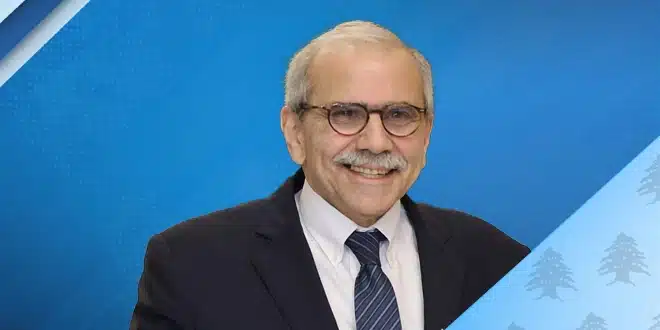Lebanese Prime Minister Nawaf Salam has stated that his government has successfully fulfilled the majority of its plans to reestablish authority in the country’s southern region, nearly seven months after a ceasefire ended hostilities with Hezbollah. According to remarks published by the Wall Street Journal, Salam estimated that 80 percent of Beirut’s objectives for securing the area have been met.
The November 2024 ceasefire brought an end to over a year of armed conflict between Israel and Hezbollah. The confrontation included two months of full-scale warfare and drew significant regional concern. As part of the agreement, the Lebanese government committed to taking concrete steps to rein in Hezbollah’s influence, particularly south of the Litani River.
In comments to the newspaper, Salam emphasized the necessity of consolidating state authority across all Lebanese territory, stating that the state must hold exclusive control over all weapons. While acknowledging the sensitive internal dynamics, he underlined that concerns about sparking domestic conflict would not deter the government from pursuing this objective.
Intelligence Sharing and Ceasefire Tensions
The Lebanese initiative to reassert control in the south has been supported by intelligence provided by Israel via U.S. intermediaries, according to senior Arab officials cited in the report. These sources indicated that this intelligence helped Lebanese authorities identify Hezbollah arms stockpiles and facilities. Some of these were destroyed in coordinated operations, while other materials were retained for use by Lebanon’s armed forces.
Although the ceasefire primarily addresses Hezbollah’s military presence in southern Lebanon, both the Lebanese leadership and U.S. officials are reportedly seeking to broaden the disarmament campaign to cover Hezbollah activity throughout the country. This push, however, remains politically sensitive and has not yet translated into a formal national initiative.
Hezbollah, for its part, has resisted full disarmament. A member of the group’s parliamentary bloc, Ibrahim al-Moussawi, told the Wall Street Journal that the remaining weapons represent what he called points of strength for Lebanon. This position reflects the longstanding view within the group that its arsenal is vital for national defense, particularly against perceived Israeli threats.
Despite the public disagreement over disarmament, both Hezbollah and Lebanese government officials are said to be increasingly concerned about the potential for renewed internal conflict. Nevertheless, Salam has reiterated his administration’s determination to avoid such a path while still reinforcing the state’s primacy.
Israeli Military Actions and Ceasefire Breaches
Although hostilities were officially halted by the ceasefire agreement, Israel has continued to carry out military operations in Lebanon during the ongoing truce. The Israeli Defense Forces have targeted Hezbollah-affiliated operatives and facilities that they argue violate the ceasefire terms. More than 150 Hezbollah fighters have reportedly been killed since the truce took effect, underscoring the fragility of the agreement and the volatility of the situation.
In accordance with the ceasefire terms, Israel was required to withdraw its military presence from Lebanese territory. While the majority of Israeli troops were removed, five military posts located a few hundred meters within Lebanon remain under Israeli control. Israeli officials argue that these positions are strategically necessary to protect nearby Israeli communities from potential cross-border attacks.


